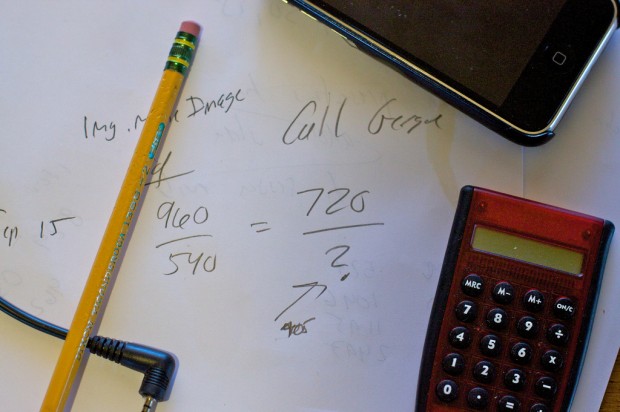By: Kamal Menghrajani

Some people are afraid of atomic explosions (atomosophobia), Bolsheviks (bolshephobia), nose bleeds (epistaxiophobia), forests (xylophobia), or long words (sesquipedalophobia).
But for many elementary school kids, the phobia is much more common. It's math. Teachers have known this for a long time, but now scientists are looking inside these kids' brains in search of clues.
As reported in this month’s Psychological Science, scientists have found that the brains of kids with "math anxiety" light up with fear when they are presented with math problems. This brain response also partially shuts down the part of the brain involved in problem solving and mathematical reasoning.
Stanford Professor Vinod Menon is a neuroscientist and lead author on the study. “The same part of the brain that responds to fearful situations--such as seeing a spider or a snake-- also shows a heightened response in children with high math anxiety," he says. "And that was a surprise to us."